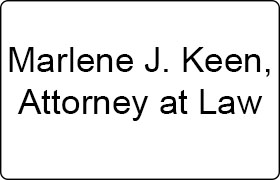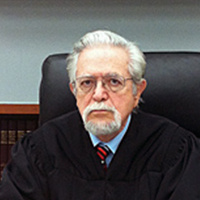San Diego Divorce & Family Law Lawyer, California
Sponsored Law Firm
-
 x
x

Click For More Info:
-
Marlene J. Keen, Attorney at Law
600 B Street Suite 2020 San Diego, CA 92101» view mapDivorce and Family Personalized Service You Deserve
We provide unmatched personal attention for civilian and military clients facing complex family law matters.
800-764-2990
Anthony Abbott
✓ VERIFIEDAnthony Abbott founded the Law Office of Anthony Abbott as a legal option for the people of California. Attorney Abbott has represented people in hund... (more)
Casey Alexander Reeves
✓ VERIFIEDCasey A. Reeves comes to Garwood Attorneys with vast experience in litigation, discovery, and evidence. Having graduated near the top of his classes i... (more)
Denise Lissette Diaz
✓ VERIFIEDDenise Lissette Diaz is a practicing lawyer in the state of California handling family law matters.
Emma Magidson Slattery
✓ VERIFIEDEmma Magidson Slattery brings over twelve years of family law experience to Garwood Attorneys. Emma has successfully litigated countless cases in all ... (more)
Frank J. Terrazas
✓ VERIFIEDFrank Terrazas brings fourteen years of combined family law experience to Garwood Attorneys. After receiving his bachelor’s degree in political sci... (more)
Gary George Kreep
✓ VERIFIEDGary George Kreep is a practicing lawyer in the state of California handling business matters.
Heidi Dionne Collier
✓ VERIFIEDAttorney Collier is a San Diego Native. She graduated with her Bachelor’s degree from UCSD in 1993 and earned her law degree in from USD 1996. For o... (more)
Jackie Robert Geller
Jackie Robert Geller is a graduate of Thomas Jefferson School of Law. A member of the California State Bar since 1980, Attorney Jackie Robert Geller h... (more)
James M. Hester
✓ VERIFIEDJim Hester has been an attorney for over 30 years and has served as a judge. He has been a trial lawyer with several firms and General Counsel for t... (more)
 Marlene Keen San Diego, CA
Marlene Keen San Diego, CA AboutMarlene J. Keen, Attorney at Law
AboutMarlene J. Keen, Attorney at Law Practice AreasExpertise
Practice AreasExpertise










